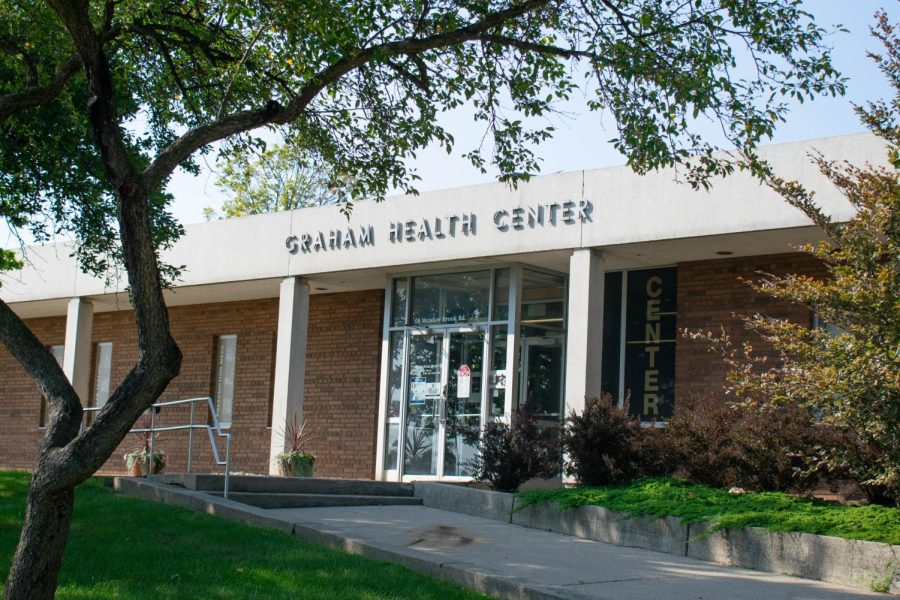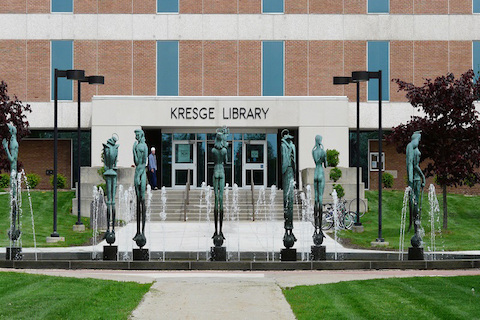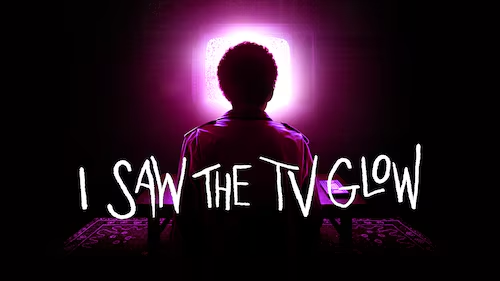The Graham Health Center, located on Oakland’s main campus, prides itself on providing affordable health services for members of the Oakland University community.
New this year, students can receive PrEP, a drug that reduces the risk of HIV through sex and injection drug use, through the GHC’s partnership with the Oakland County Health Department.
The GHC hopes this new service allows students to practice safe sex practices in addition to its already established STD testing and contraception services. With it being the so-called “season of love,” this is the perfect time to utilize such a resource.
“Often people think of us as STD testing and flu shots, but we can do way more than that,” Ann Rayford, director of the Graham Health Center, said. “When you think about college health, it’s one of the first opportunities where students may have been sexually active for some period of time, and they may feel like they couldn’t access reproductive healthcare or STI screening.”
The GHC aims to mitigate inaccessibility issues. With its partnership with the Oakland County Health Department, it has done just that.
“We hold [STI] screening events. We started doing those post-pandemic, and we’ve done four different events in the resident halls,” Rayford said. “We’ve done this to make it really easy, and we’ve partnered with the health department to do that.”
Along with services for safe sex, the GHC provides over-the-counter meds for everyday ailments for purchase as well. Acetaminophen — which helps ease pain — and famotidine — a common acid reducer, are just a few.
“There are some things that people can come right up to the window and ask for without an appointment, like common cold medications,” Rayford said. “These medicines are reduced cost versus if you went to one of the big-box stores in the area.”
If these OTC options do not work, students may set up appointments to be seen by the various staff at the GHC. In-person visits are designed to be accessible to as many students as possible. In fact, the center accepts over ten health insurance plans.
Even if a patient’s insurance is not accepted, it remains paramount that they enter their insurance information in the patient portal.
“We may not be able to bill your insurance for the provider’s time, but the lab work, the lab can bill your insurance, ” Rayford said. “So it’s still very important to have that information.”
Along with this, the GHC is home to several heralded professionals. Rayford, an MSN graduate of Detroit’s Wayne State University, leads the way as the center’s director. Rayford can link students with adult nurse practitioners, physician assistants and physicians.
A new addition to this staff is a weekly visit from the Oakland County Health Department.
“We let people [whose insurance isn’t accepted] know what we recommend, and then send them off to the pharmacy, health department or their primary care provider,” Rayford said. “Now, the days that the health department comes, they’re able to offer those vaccines [and other services] while they’re here.”
Adjacent to the GHC is the Oakland University Counseling Center, which serves student’s health from a mental standpoint. Counseling services are available, including personal counseling and crisis intervention.
For some, Valentine’s Day may serve as a somber reminder of past heartbreak. The Counseling Center aims to get students past such obstacles.
“All students are eligible for their first four visits for free, after that, there’s a $20 fee [for up to 15 visits],” Rayford said. “The Student Counsel awarded the Counseling Center funding to support students who maybe can’t make these payments.”
Prospective patients can learn more on the GHC’s homepage on Oakland University’s website.






